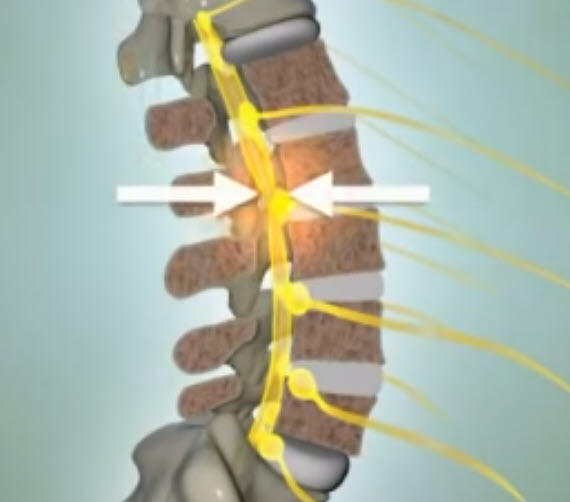The narrowing of the spaces in your spine that places pressure on your spinal cord and nerves is called spinal stenosis. It occurs most often in the lower back or neck. This condition is treatable by a specialist such as Spine Surgeon Dr. Fischer at NYU Langone Medical Center in Midtown Manhattan. The type of treatment varies depending on the location of the stenosis and the symptoms.
Symptoms
Some patients with spinal stenosis do not experience symptoms and the condition is noticed through an imaging test. When symptoms do occur, they usually begin gradually and become more severe over time. Symptoms vary according to the stenosis location and impacted nerves. Cervical stenosis occurs in the neck and can cause neck pain, numbness in an arm, hand, leg or foot, weakness in the extremities, or difficulty walking. Lumbar stenosis in the lower back may cause back pain, numbness or weakness in a leg or foot, or pain in the legs with extended standing.
Causes
The most common cause of spinal stenosis is spine degeneration related to osteoarthritis, which often leads to bone spurs that may grow into the spinal canal. Herniated discs or abnormal growths like tumors within the spine can also cause spinal stenosis. Another trigger may be trauma from events like car accidents. Most spinal stenosis patients are over age 50.
Diagnosis
A visit to a physician like Spine Surgeon Dr. Fischer will involve a thorough physical examination, medical history, discussion of symptoms, and diagnostic tests. Imaging tests such as X-ray, CT scan, and MRI are commonly used to properly identify spinal stenosis.
Treatment
The location of your spinal stenosis is the key to helping Spine Surgeon Dr. Fischer recommend the best course of treatment. Mild symptoms may require no initial treatment other than regular appointments and self-care at home, while more advanced symptoms will be treated. Medications including pain relievers, antidepressants, anti-seizure drugs, or opioids are options for relieving spinal stenosis discomfort. Spine Surgeon Dr. Fischer will use caution in prescribing long-term medication treatment due to risks of side effects or addiction. Physical therapy is usually advised and some patients benefit from steroid injections into the affected area. A decompression procedure to remove a portion of a thickened ligament may be recommended by Spine Surgeon Dr. Fischer for certain lumbar stenosis patients. Surgery to create additional space in the spinal canal is always the last course of treatment. Spine Surgeon Dr. Fischer at NYU Langone Medical Center will work carefully with you to develop the most appropriate and effective treatment plan to relieve your spinal stenosis symptoms. Contact our office today to schedule a consultation.

